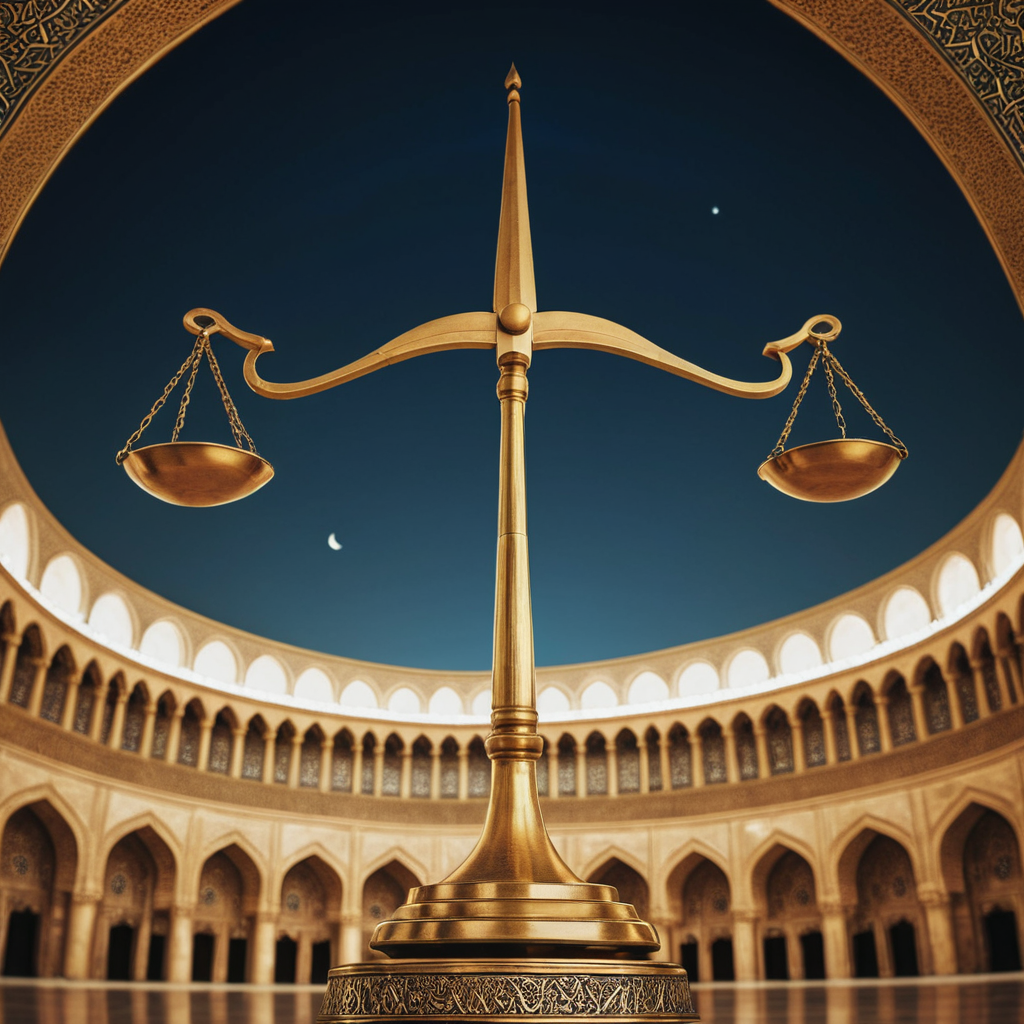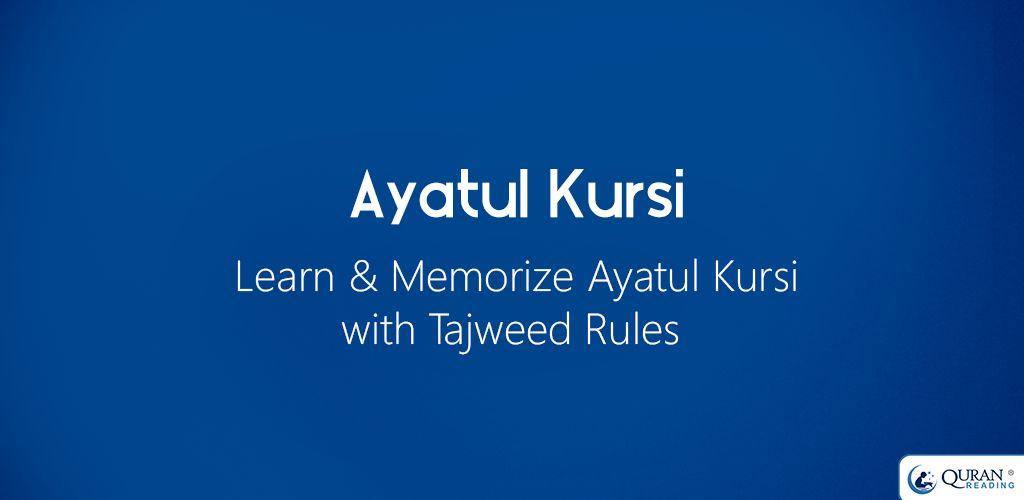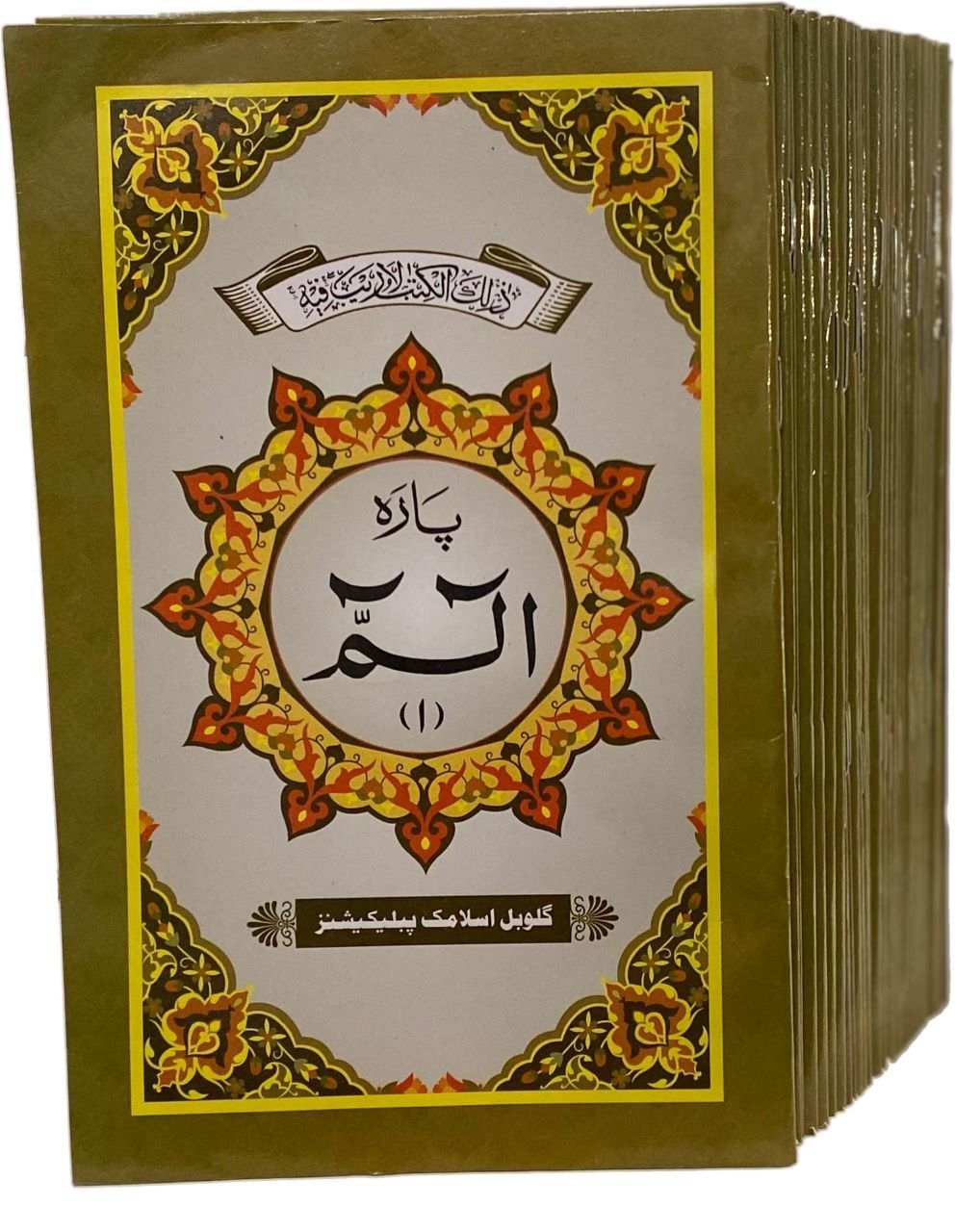
Quranic Verses About Justice: Justice is a cornerstone of Islamic teachings, woven into the very fabric of the Quran. It is not merely a legal principle; it is a comprehensive moral obligation that informs every aspect of a Muslim’s life, shaping personal conduct, guiding societal relations, and influencing governance. The concept of justice in Islam is deeply intertwined with the idea of ethical behavior, accountability, and social responsibility, underscoring the belief that true faith is reflected in one’s actions towards others.
The Significance of Justice in Islam

Justice in Islam is seen as a reflection of God’s own attributes. The Quran teaches that Allah is just and that He expects His followers to embody this quality in their dealings with others. The notion of justice is so fundamental that it permeates various aspects of life, including family, community, and state affairs.
Quranic Foundation of Justice
One of the most profound verses emphasizing the importance of justice is found in Surah An-Nisa (4:135):
۞ يَـٰٓأَيُّهَا ٱلَّذِينَ ءَامَنُوا۟ كُونُوا۟ قَوَّٰمِينَ بِٱلْقِسْطِ شُهَدَآءَ لِلَّهِ وَلَوْ عَلَىٰٓ أَنفُسِكُمْ أَوِ ٱلْوَٰلِدَيْنِ وَٱلْأَقْرَبِينَ ۚ إِن يَكُنْ غَنِيًّا أَوْ فَقِيرًۭا فَٱللَّهُ أَوْلَىٰ بِهِمَا ۖ فَلَا تَتَّبِعُوا۟ ٱلْهَوَىٰٓ أَن تَعْدِلُوا۟ ۚ وَإِن تَلْوُۥٓا۟ أَوْ تُعْرِضُوا۟ فَإِنَّ ٱللَّهَ كَانَ بِمَا تَعْمَلُونَ خَبِيرًۭا ١٣٥
“O you who have believed, be persistently standing firm in justice, witnesses in justice, or witnesses to Allah. And do not let the hatred of a people prevent you from being just. Be just; that is nearer to righteousness. And fear Allah; indeed, Allah is Acquainted with what you do.”
This verse highlights several key points:
- Impartiality: Justice must be upheld, regardless of personal feelings or biases.
- Accountability: Muslims are reminded that their actions are observed by Allah, who knows their intentions and deeds.
- Moral Responsibility: Upholding justice is tied to righteousness, indicating that a just society is a moral one.
Justice Beyond Personal Interests

The Quran instructs believers to prioritize justice even when it conflicts with personal interests or relationships. In Surah Al-Ma’idah (5:8), Allah commands:
يَـٰٓأَيُّهَا ٱلَّذِينَ ءَامَنُوا۟ كُونُوا۟ قَوَّٰمِينَ لِلَّهِ شُهَدَآءَ بِٱلْقِسْطِ ۖ وَلَا يَجْرِمَنَّكُمْ شَنَـَٔانُ قَوْمٍ عَلَىٰٓ أَلَّا تَعْدِلُوا۟ ۚ ٱعْدِلُوا۟ هُوَ أَقْرَبُ لِلتَّقْوَىٰ ۖ وَٱتَّقُوا۟ ٱللَّهَ ۚ إِنَّ ٱللَّهَ خَبِيرٌۢ بِمَا تَعْمَلُونَ ٨
“O you who have believed, be persistently standing firm in justice, witnesses for Allah, even if it be against yourselves or parents and relatives. Whether one is rich or poor, Allah is more worthy of both.”
Key Themes in This Verse
- Selflessness: Justice must prevail even at personal costs, including the well-being of family members.
- Universal Application: The directive applies to all, irrespective of wealth or social status, emphasizing that justice is a right for every individual.
- Divine Oversight: This verse serves as a reminder that ultimate accountability lies with Allah, reinforcing the idea that divine justice transcends human biases.
Justice in Social Relations
In addition to individual and spiritual obligations, the Quran also emphasizes the role of justice in social relations. Justice is crucial for ensuring peace, trust, and stability in any community. For example, in Surah An-Nahl (16:90), Allah instructs:
۞ إِنَّ ٱللَّهَ يَأْمُرُ بِٱلْعَدْلِ وَٱلْإِحْسَـٰنِ وَإِيتَآئِ ذِى ٱلْقُرْبَىٰ وَيَنْهَىٰ عَنِ ٱلْفَحْشَآءِ وَٱلْمُنكَرِ وَٱلْبَغْىِ ۚ يَعِظُكُمْ لَعَلَّكُمْ تَذَكَّرُونَ
“Indeed, Allah commands justice, good conduct, and giving to relatives and forbids immorality, bad conduct, and oppression. He admonishes you that perhaps you will be reminded.”
This verse outlines:
- Positive Social Conduct: Justice is paired with kindness and generosity, encouraging believers to contribute positively to their communities.
- Prohibition of Oppression: Islam forbids all forms of oppression, highlighting that justice is incompatible with any behavior that harms others.
- A Reminder for Reflection: This verse serves as a reminder that justice leads to a peaceful society, promoting mutual respect and moral integrity.
The Concept of Balance and Fairness

The Quran emphasizes that justice is essential for establishing a balanced and fair society. In Surah Al-Hadid (57:25), it states:
لَقَدْ أَرْسَلْنَا رُسُلَنَا بِٱلْبَيِّنَـٰتِ وَأَنزَلْنَا مَعَهُمُ ٱلْكِتَـٰبَ وَٱلْمِيزَانَ لِيَقُومَ ٱلنَّاسُ بِٱلْقِسْطِ ۖ وَأَنزَلْنَا ٱلْحَدِيدَ فِيهِ بَأْسٌۭ شَدِيدٌۭ وَمَنَـٰفِعُ لِلنَّاسِ وَلِيَعْلَمَ ٱللَّهُ مَن يَنصُرُهُۥ وَرُسُلَهُۥ بِٱلْغَيْبِ ۚ إِنَّ ٱللَّهَ قَوِىٌّ عَزِيزٌۭ
“We sent Our messengers with clear signs and sent down with them the Scripture and the balance that the people may maintain [therein] justice.”
Implications of This Teaching
- Divine Purpose: The sending of messengers and scriptures aims to facilitate justice on Earth.
- Moral Framework: The “balance” represents fairness in all interactions, highlighting the need for equity in legal and social dealings.
- Community Responsibility: The responsibility to uphold justice is collective, requiring every member of society to contribute.
Justice as a Pillar of Social Harmony

In Islam, justice is not merely an individual obligation but a societal necessity. It plays a crucial role in maintaining social harmony and preventing conflict. Surah Ash-Shura (42:15) implies this when it discusses the call for establishing the religion of Allah, which encompasses justice:
فَذَٰلِكَ فَادْعُ اللَّـهَ مُخْلِصًا لَهُ الدِّينَ ۖ وَلَا تُشْرِكْ بِهِ”ۦ“
“So for that reason, invoke Allah, establishing religion for Him. And do not associate with Him.”
Connection to Society
- Religious Commitment: Establishing justice is tied to one’s faith, indicating that a just society is a manifestation of true belief.
- Preventing Corruption: A just framework serves to counteract corruption and inequality, which are detrimental to societal stability.
- Collective Good: Justice leads to peace and cooperation among individuals, fostering a sense of community and shared responsibility.
The Role of Justice in Personal Conduct
Justice also has profound implications for personal conduct. The Quran encourages believers to act justly in their everyday lives, promoting fairness in all interactions. For example, in Surah Al-Isra (17:35), it states:
وَأَوْفُوا الْكَيْلَ وَالْمِيزَانَ بِالْقِسْطِ
“And give full measure and weight in justice.”
Personal Accountability
- Ethical Behavior: This verse highlights that justice should guide personal behavior, including business dealings and interpersonal relationships.
- Trustworthiness: Being just enhances one’s credibility and trustworthiness within the community, essential qualities for harmonious living.
Conclusion
The Quranic verses about justice provide a comprehensive framework for understanding and practicing fairness in Islam. They emphasize that justice is not just a legal obligation but a divine mandate that encompasses all aspects of life. From personal conduct to societal relations, justice is a vital principle that fosters trust, equity, and harmony.
In a world where injustice often prevails, the teachings of the Quran serve as a guiding light for Muslims, reminding them of their duty to uphold fairness in all circumstances. By embodying the principles of justice laid out in these sacred texts, individuals can contribute to building a just and equitable society, reflective of the divine attributes of compassion and fairness that Islam champions.
 Colors
Colors 
 Support
Support 







